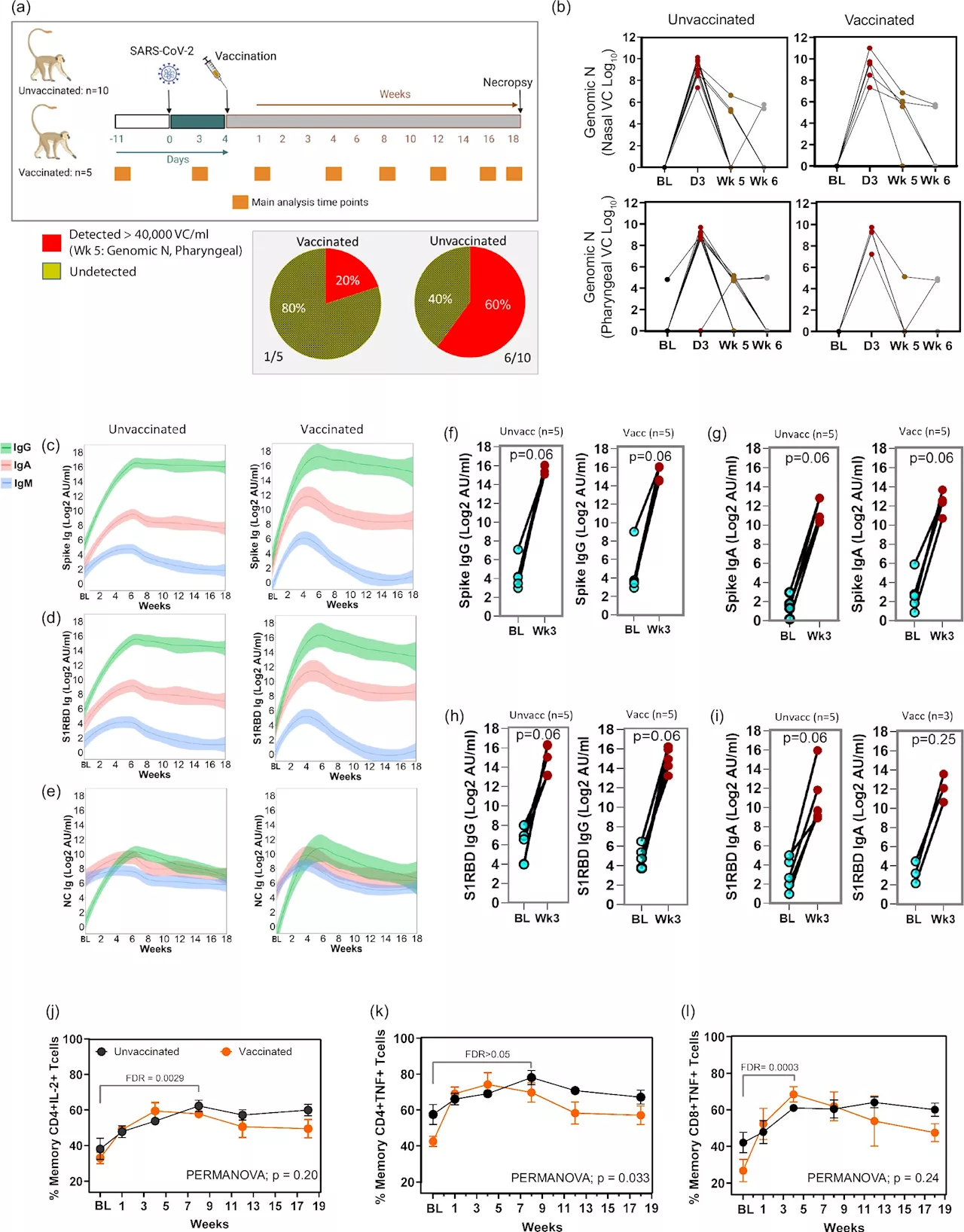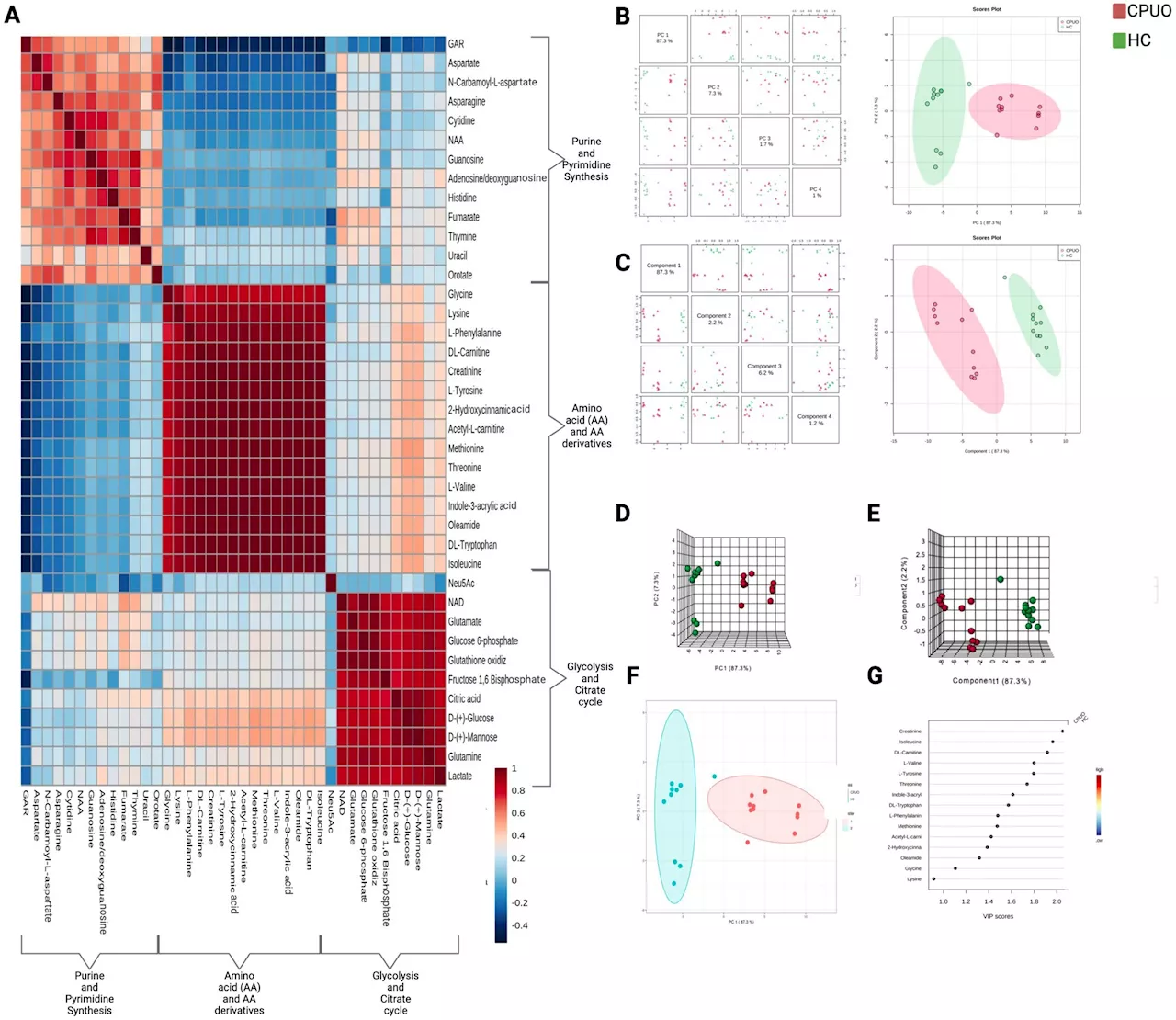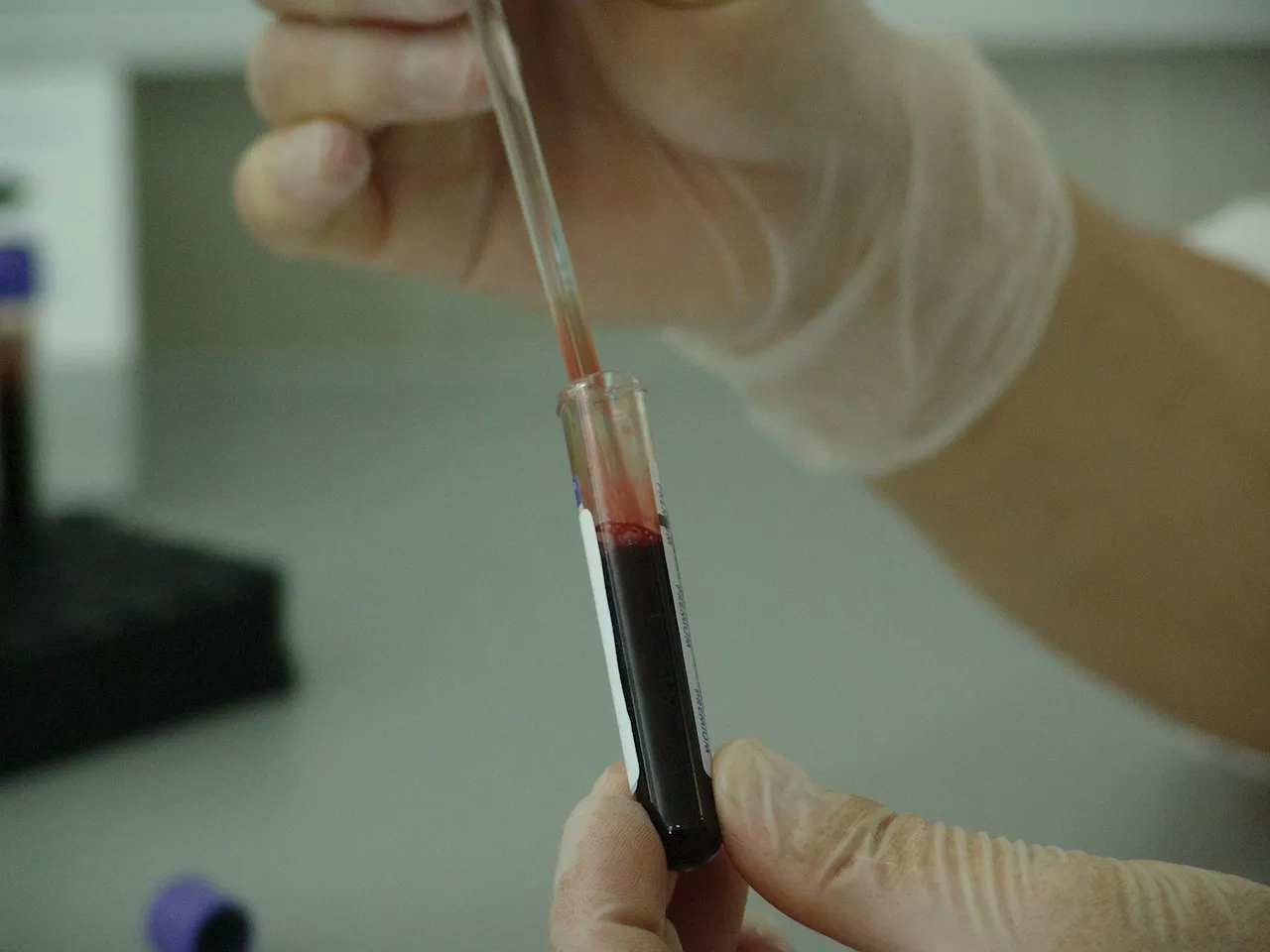Glioma represents the most common central nervous system cancer in adults. The current classification scheme uses molecular alterations, particularly IDH1.R132H, to stratify lesions into distinct prognostic groups.
Blood-based assay shows promise for detecting IDH1.R132H-mutant gliomas retrieved 2 September 2024 from https://medicalxpress.com/news/2024-09-blood-based-assay-idh1r132h-mutant.html
This document is subject to copyright. Apart from any fair dealing for the purpose of private study or research, no part may be reproduced without the written permission. The content is provided for information purposes only.24 minutes ago Use this form if you have come across a typo, inaccuracy or would like to send an edit request for the content on this page. For general inquiries, please use ourThank you for taking time to provide your feedback to the editors.
Your feedback is important to us. However, we do not guarantee individual replies due to the high volume of messages.to let the recipient know who sent the email. Neither your address nor the recipient's address will be used for any other purpose. The information you enter will appear in your e-mail message and is not retained by Medical Xpress in any form.Get weekly and/or daily updates delivered to your inbox.
Medicine Research Health Research News Health Research Health Science Medicine Science
Singapore Latest News, Singapore Headlines
Similar News:You can also read news stories similar to this one that we have collected from other news sources.
![]() Silicon exoskeletons for blood cells: Engineered blood cells successfully transfused between speciesA study by an international research collaborative reports a stunning blood modification method that not only protects red blood cells for perfusion-based transplant organ cryostorage, but could make blood types cross-compatible and eventually enable blood transfusions between species.
Silicon exoskeletons for blood cells: Engineered blood cells successfully transfused between speciesA study by an international research collaborative reports a stunning blood modification method that not only protects red blood cells for perfusion-based transplant organ cryostorage, but could make blood types cross-compatible and eventually enable blood transfusions between species.
Read more »
 FDA approves new therapy for glioma patients for first time in decadesVorasidenib has been approved by the U.S. Food and Drug Administration (FDA) for patients with Grade 2 gliomas with IDH1 or IDH2 mutations.
FDA approves new therapy for glioma patients for first time in decadesVorasidenib has been approved by the U.S. Food and Drug Administration (FDA) for patients with Grade 2 gliomas with IDH1 or IDH2 mutations.
Read more »
 Novel low-dose 3-in-1 blood pressure pill significantly outperforms standard care, study showsNew research shows that a treatment plan based on a novel combination of low doses of three anti-hypertensive drugs in a single pill—known as GMRx2—was superior to a high-quality standard care treatment plan at lowering blood pressure in patients with uncontrolled hypertension.
Novel low-dose 3-in-1 blood pressure pill significantly outperforms standard care, study showsNew research shows that a treatment plan based on a novel combination of low doses of three anti-hypertensive drugs in a single pill—known as GMRx2—was superior to a high-quality standard care treatment plan at lowering blood pressure in patients with uncontrolled hypertension.
Read more »
 Vaccine shows promise in treating high blood sugar for those with long COVIDResearchers at Tulane University have discovered a new approach to tackling a lingering health challenge faced by some with long-term COVID: high blood sugar levels.
Vaccine shows promise in treating high blood sugar for those with long COVIDResearchers at Tulane University have discovered a new approach to tackling a lingering health challenge faced by some with long-term COVID: high blood sugar levels.
Read more »
 What time you exercise doesn't affect muscle force or reduce blood sugar, study showsThe ability of skeletal muscle to produce force (contractile function) and contraction-stimulated glucose uptake (increase in clearing sugar from bloodstream) do not differ by time of day, regardless of sex or muscle type.
What time you exercise doesn't affect muscle force or reduce blood sugar, study showsThe ability of skeletal muscle to produce force (contractile function) and contraction-stimulated glucose uptake (increase in clearing sugar from bloodstream) do not differ by time of day, regardless of sex or muscle type.
Read more »
 Unexplainable chronic itch shows unique blood biomarkers that could eventually lead to new targeted treatmentsMillions of patients worldwide suffer from a chronic itching condition with no identifiable cause—a condition known as chronic pruritus of unknown origin (CPUO)—that has no targeted therapies approved to treat it.
Unexplainable chronic itch shows unique blood biomarkers that could eventually lead to new targeted treatmentsMillions of patients worldwide suffer from a chronic itching condition with no identifiable cause—a condition known as chronic pruritus of unknown origin (CPUO)—that has no targeted therapies approved to treat it.
Read more »
